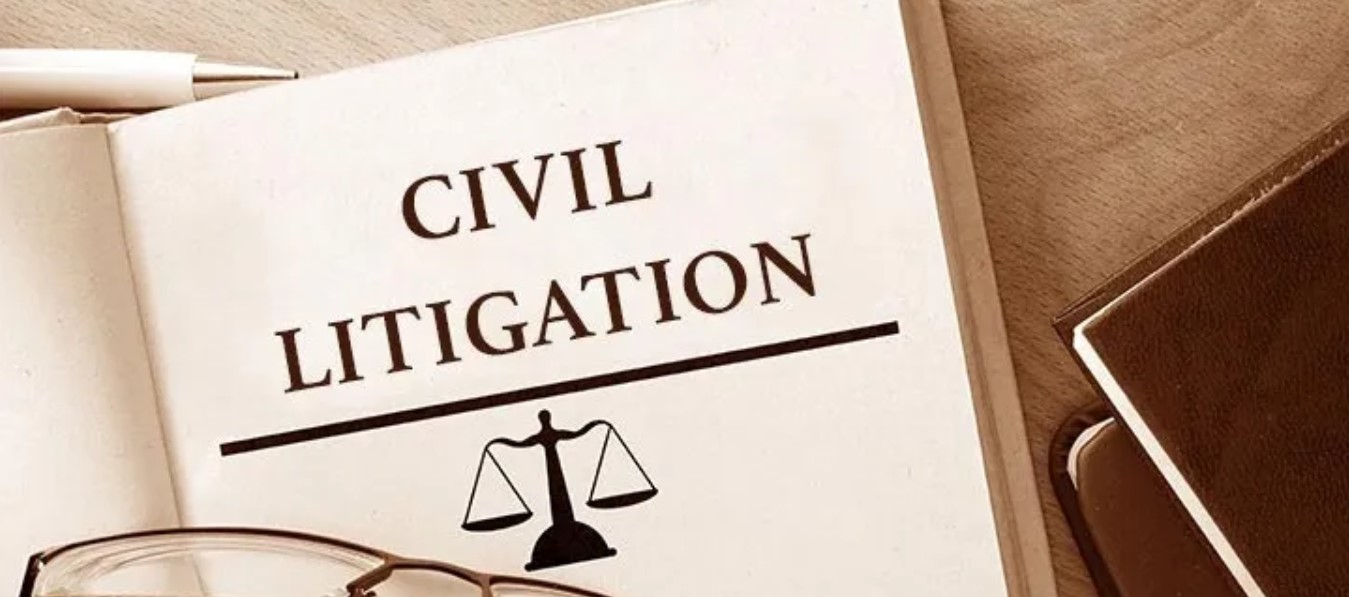When you find yourself entangled in a legal dispute, the decision to file a civil litigation case should not be taken lightly. It’s a complex and sometimes lengthy process that requires careful consideration and preparation. This article will guide you through the essential steps and considerations you should take before pursuing a civil litigation case, with a focus on the expertise of Simplicity Legal.
Step 1: Seek Legal Counsel
Before proceeding with a civil litigation case, it’s crucial to consult with a reputable civil litigation solicitor like Simplicity Legal. They can provide you with an initial assessment of your case’s merits, help you understand your legal rights, and advise you on the best course of action. Their experience and knowledge of Glasgow’s legal landscape will be invaluable in this decision-making process.
Step 2: Evaluate the Merits of Your Case
Together with your solicitor, assess the strengths and weaknesses of your case. Evaluate the available evidence, the legal precedents, and the potential outcomes. Understanding the viability of your case will guide your decisions moving forward.
Step 3: Attempt Alternative Dispute Resolution (ADR)
In many instances, it’s advisable to explore alternative dispute resolution methods like mediation or arbitration before resorting to litigation. Your solicitor at Simplicity Legal can help facilitate these discussions, potentially leading to a quicker and more cost-effective resolution.
Step 4: Calculate the Potential Costs
Litigation can be expensive, so it’s essential to calculate the potential costs involved. This includes legal fees, court fees, expert witness fees, and other expenses. Simplicity Legal will provide you with a clear breakdown of the expected costs and explore potential fee structures, such as contingency fees or hourly rates.
Step 5: Determine the Desired Outcome
Be clear about what you want to achieve through litigation. Are you seeking monetary compensation, specific performance, or an injunction? Your solicitor will help you set realistic goals and a strategy to achieve them.
Step 6: Review and Organize Documents
Gather and organize all relevant documents related to your case. This includes contracts, correspondence, financial records, and any evidence that supports your claims. Simplicity Legal will guide you on the types of documents needed and ensure they are properly prepared for litigation.
Step 7: Notify the Other Party
In some cases, you may need to send a demand letter to the opposing party, outlining your grievances and demands for resolution. Your solicitor will help draft this letter, ensuring it complies with legal requirements.
Step 8: File a Lawsuit
If alternative dispute resolution doesn’t lead to a satisfactory resolution, and you decide to move forward with litigation, your solicitor will help you draft and file the necessary legal documents to initiate the lawsuit.
Step 9: Prepare for Trial
Once the lawsuit is filed, preparations for trial will begin. Simplicity Legal’s solicitors will work closely with you to build a strong case, gather evidence, and develop a compelling legal strategy.
Step 10: Litigation and Beyond
Throughout the litigation process, your solicitor will represent your interests, negotiate on your behalf, and advocate for your rights in court. After a trial, they will handle post-trial matters and any potential appeals, ensuring your case receives comprehensive support.
In conclusion, civil litigation is a significant step, and the success of your case often depends on the decisions made before filing. Consulting with an experienced civil litigation solicitor like Simplicity Legal is the first and most crucial step in this journey. With their guidance, you can navigate the complexities of the legal process, make informed decisions, and improve your chances of a favorable outcome. When it comes to civil litigation in Glasgow, having a trusted partner like Simplicity Legal can make all the difference.

